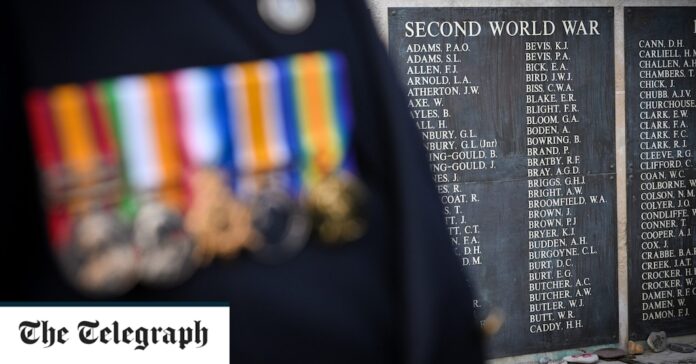Collective commemoration tells us who we are and creates the societal solidarity that gives democracy meaning
What societies remember, and how they remember, is a fundamental part of what they are. The French philosopher Ernest Renan (an inescapable reference on this subject) thought that memory was the very substance of a national community.
In a celebrated lecture, “What is a nation?”, given at the Sorbonne in 1882, he reflected on what held people together in modern democratic nations – still a fairly new form of social organisation and not, he thought, eternal.
They were based not on the dictates of race, language, religion or geography, nor merely on material interests, but on “the desire to live together”, which fed on “a rich legacy of memories” of shared disaster and suffering as well as of shared triumph. Memories created the “social capital” that was “essential to being a people”, for on them was based the “solidarity” that made democracy meaningful.
Memories of war are not of course the only memories that nations retain, but they are the most dramatic and often the most powerful.


